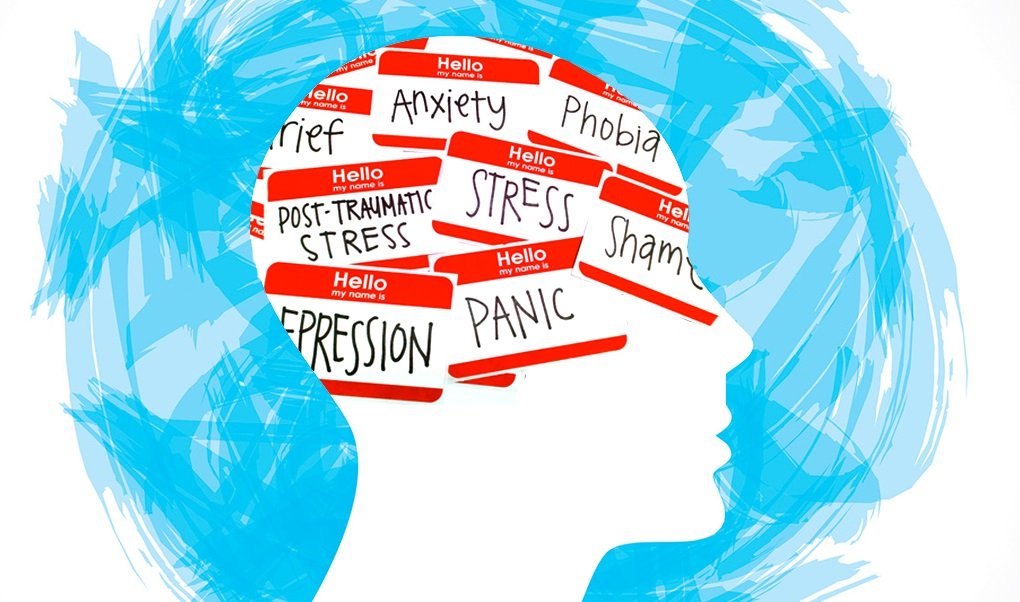Symptoms of a depressive episode can be more intense than usual mild periods of sadness and can include: irritability, restlessness, decreased interest in things that used to bring pleasure, changes in eating habits, fatigue, suicidal thoughts, and increased anxiety and guilt. People under this disorder must endure several of these negative symptoms for at least two weeks, if not longer. Some people will alternate periods of high self-esteem with periods of deep depression. The feelings of worthlessness, guilt and powerlessness are some of the most debilitating feelings associated with this mental state. People who suffer from these feelings have an inability to enjoy the little pleasures of life and often feel like nothing is going right.
If you have experienced any of these symptoms, or others along the lines of confusion, hopelessness and helplessness, then it is possible that you may need help with your depression. If you are having thoughts about hurting yourself or committing suicide, then it is even more important that you seek help as soon as possible. Suicidal thoughts are among the most serious symptoms and should be checked by a mental health professional immediately. Also, if you are experiencing physical symptoms such as headaches, stomach pain, or unexplained weight loss, fatigue or weakness, or other problems such as sleep problems, then you may need to consult a doctor.
While there are many different types of depression, not all of them will lead to suicide. Most types will however, result in feelings of hopelessness, sadness, lack of energy, and feelings of worthlessness. Some will actually attempt suicide at times. The feelings and actions that result from depression will often make it difficult for you to enjoy social occasions, relationships, and activities. Your quality of life can be greatly improved when you receive treatment for your depression.
Another type of depressive disorder is bipolar disorder. This disorder is characterized by an alternating pattern of extreme emotional highs (mania) and lows (depression). People with this condition will have extremely elevated feelings one moment, followed by extremely low feelings the next. Because of the alternating pattern, this disorder is also known as manic depression.
Another common disorder is postpartum depression. Postpartum depression occurs after a woman gives birth. It is characterized by extremely high levels of sadness and anxiety that typically last several weeks. Women are very often prescribed antidepressants when they go through this phase, which often helps to alleviate some of their symptoms.
Many symptoms of clinical depression are very similar to those of bipolar disorder but are easier to treat due to their simpler symptoms. Psychotherapy is one treatment option that has been proven very effective in treating feelings of depression. Proper diet and exercise, as well as taking vitamins and other supplements may also help improve moods and eliminate anxiety.
Other possible symptoms of depression include feeling extremely sad or worthless, feeling excessively tired, changes in sleeping habits (too much or too little), and changes in the way you think. Some researchers believe that your sense of self-worth can have a significant impact on your feelings of sadness and suicide. In fact, some people find that when they lose significant amounts of weight, their feelings of sadness and hopelessness lessen. Similarly, if you lose a significant amount of height, depression symptoms will likely diminish as well.
If you have any of these symptoms, you should contact a professional who deals with depressive disorders. If you have a family member who has ever had a depressive episode, you may also be at risk for depression. However, it is important to note that not everyone with a depressive disorder will develop a serious disorder. It may occur more than once or twice in your lifetime; however, you can still prevent serious health problems by identifying and treating depression at its earliest stages.

